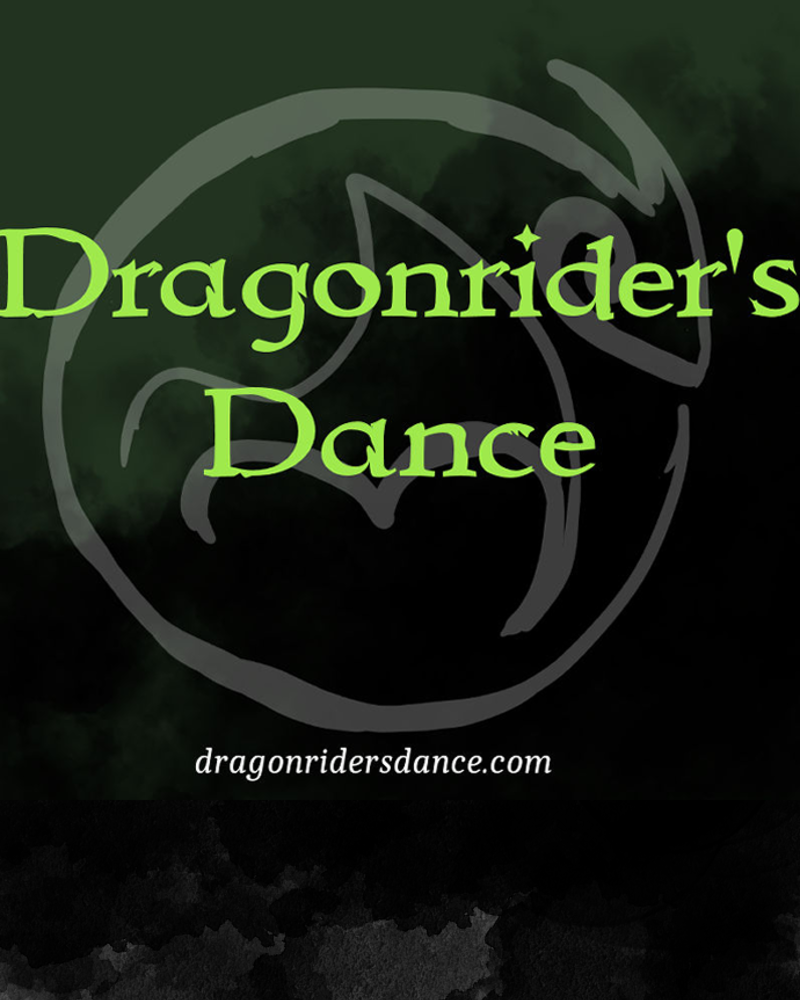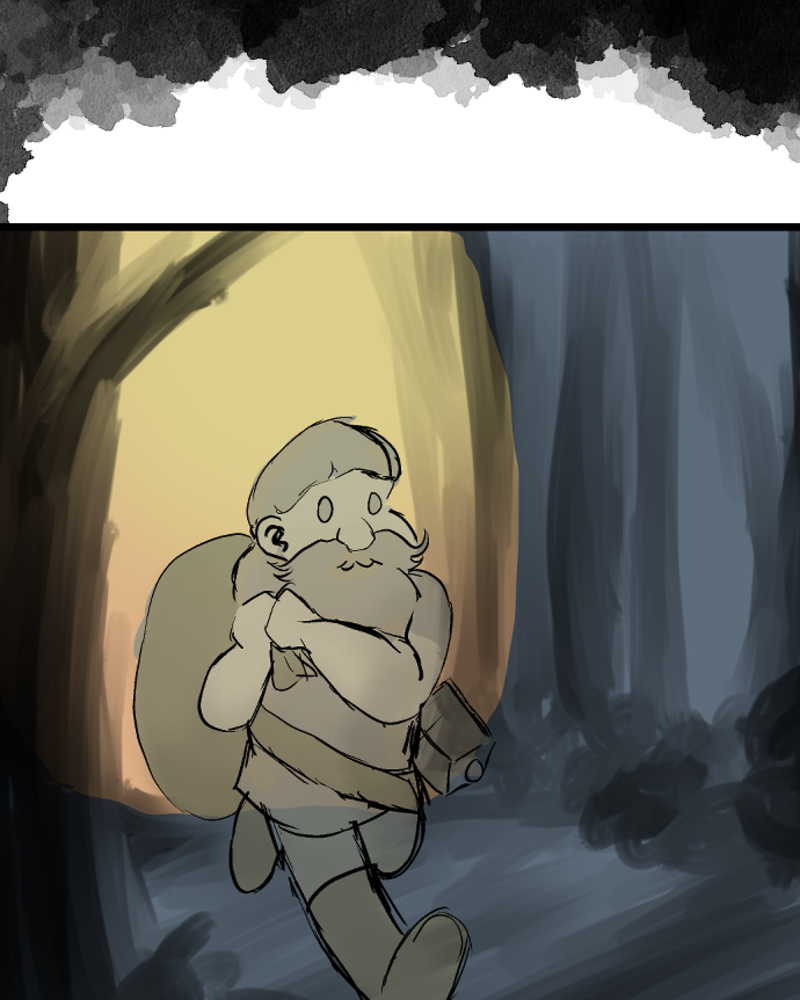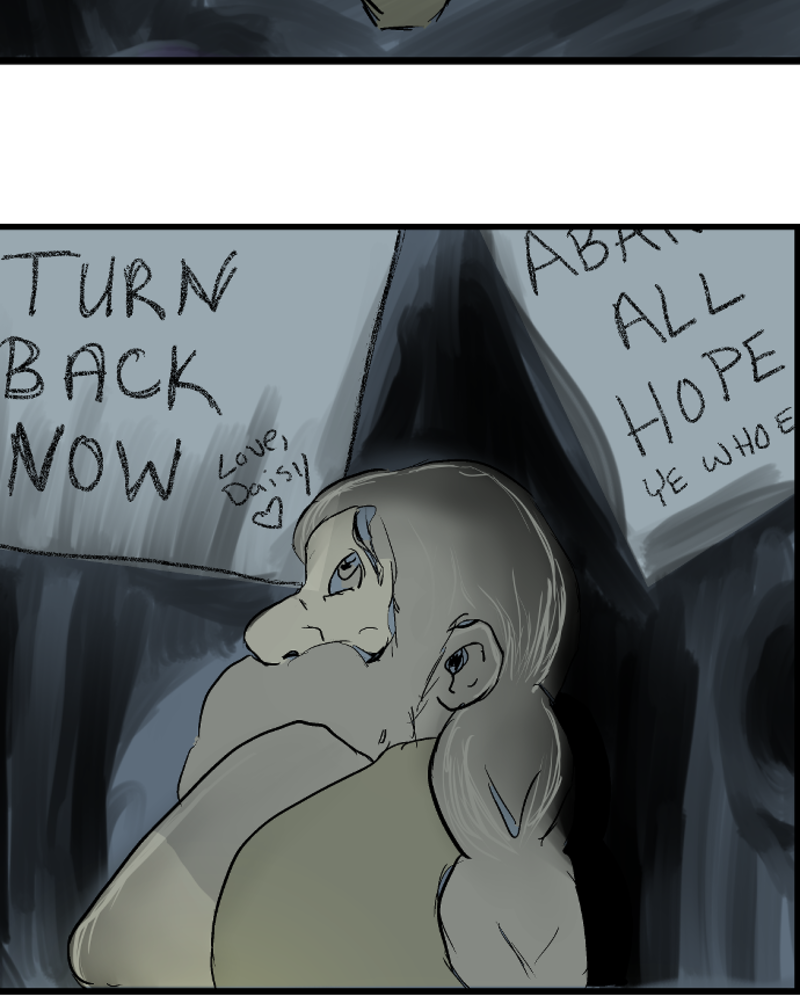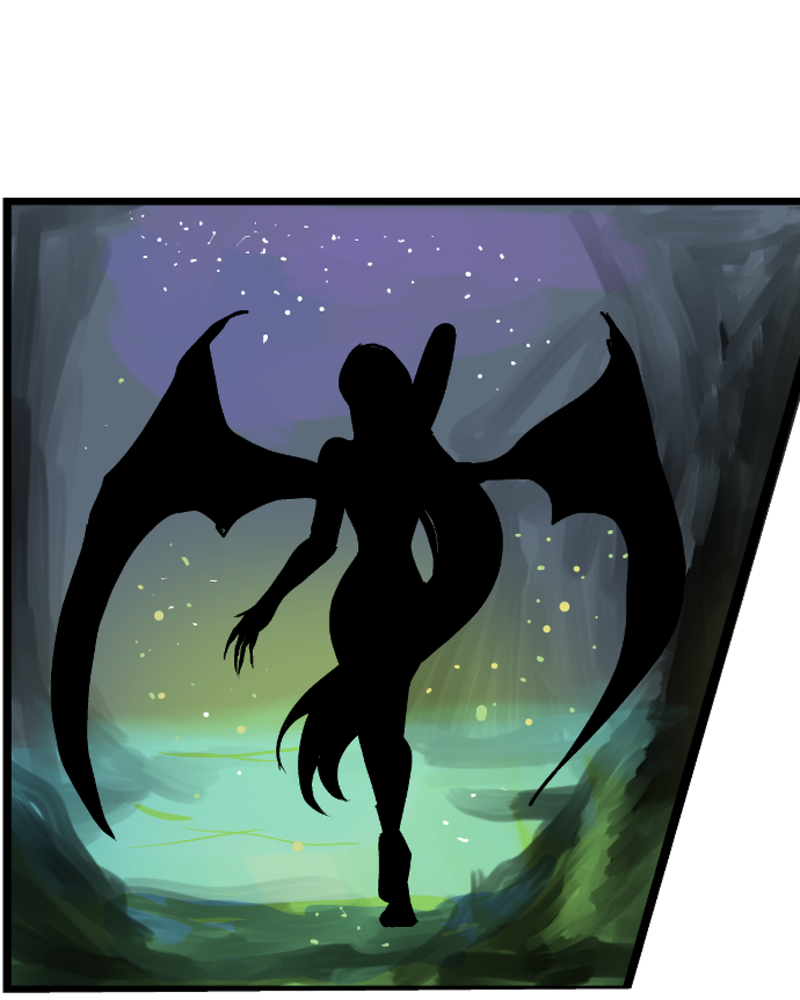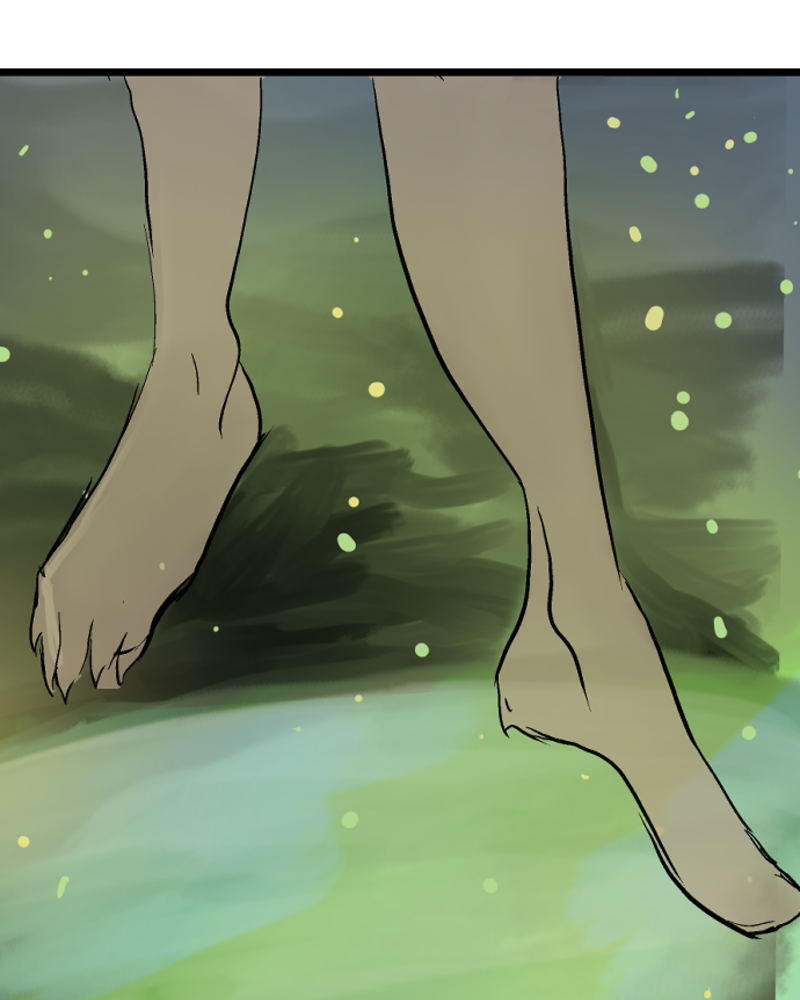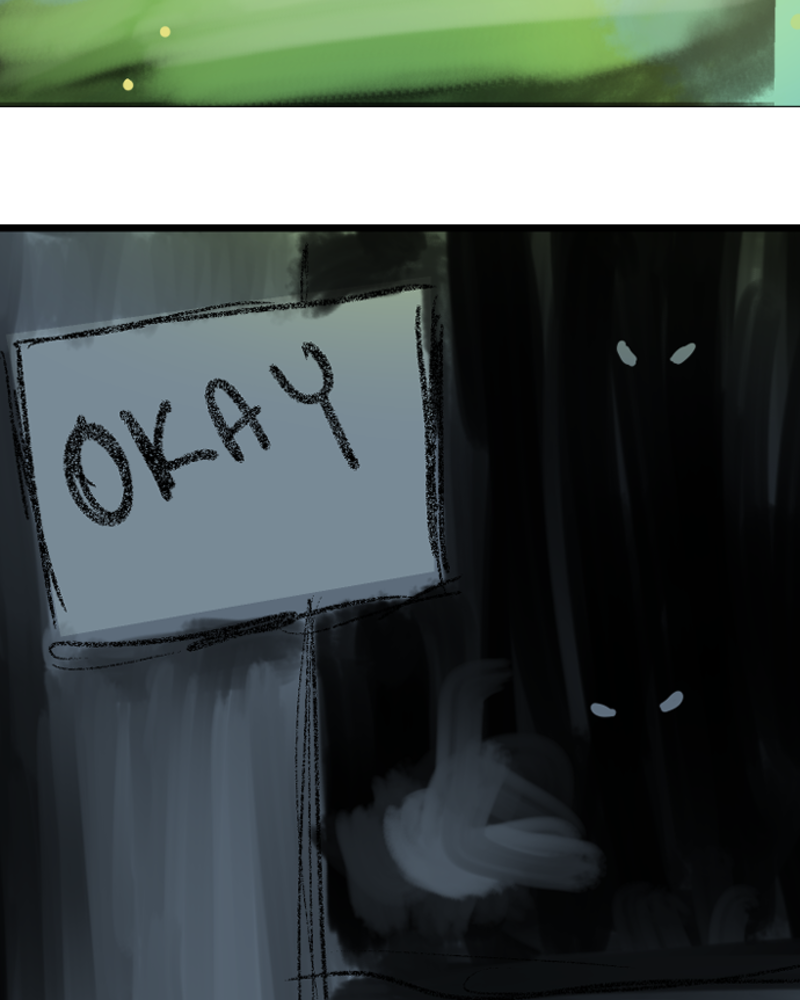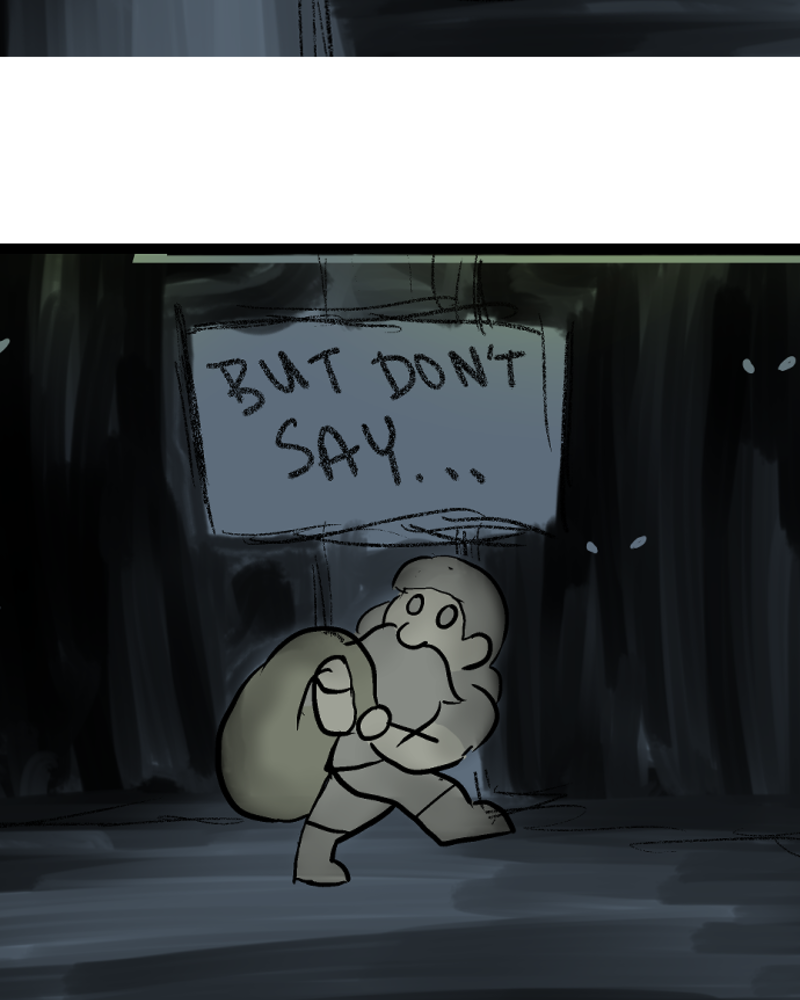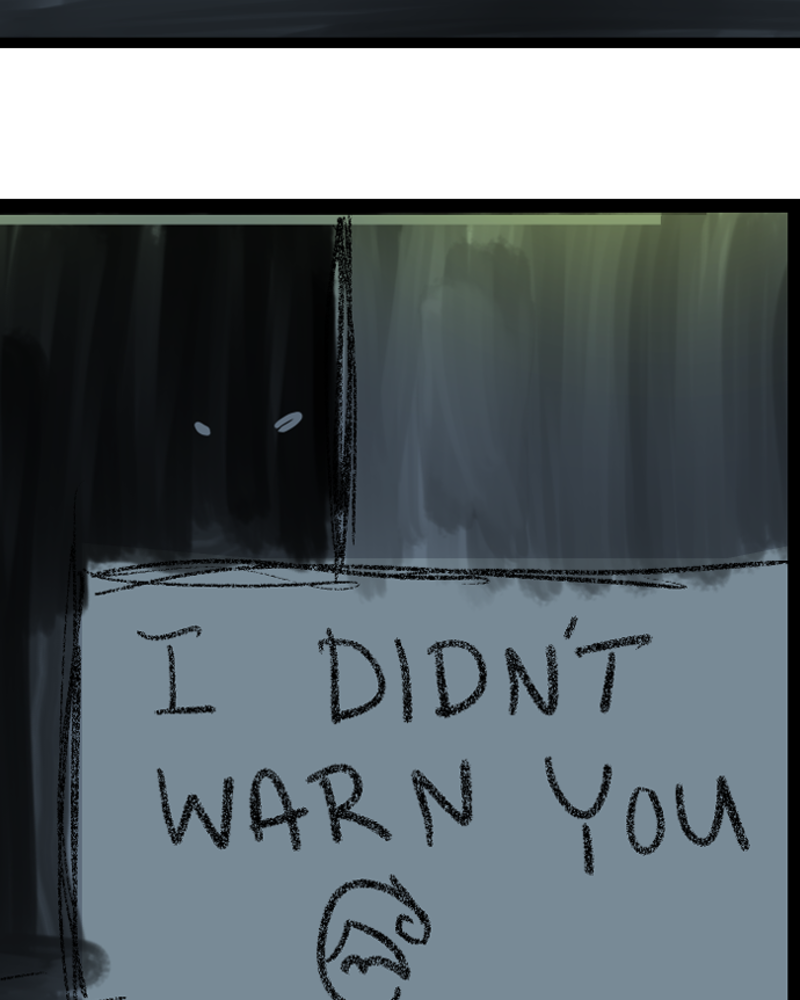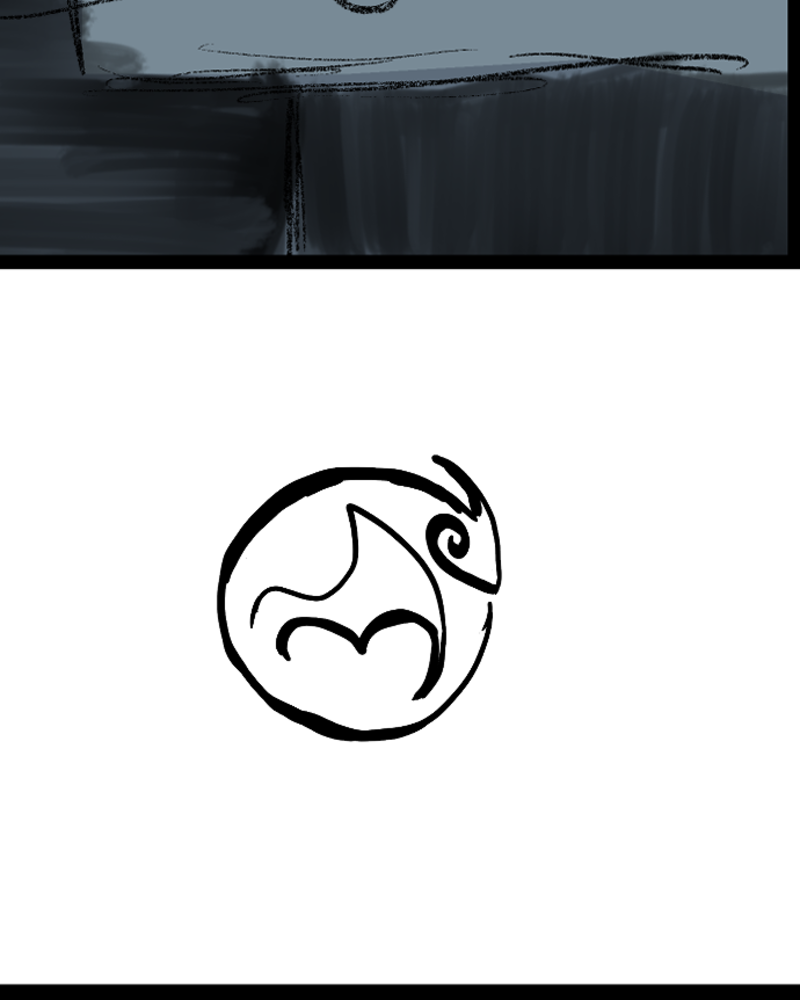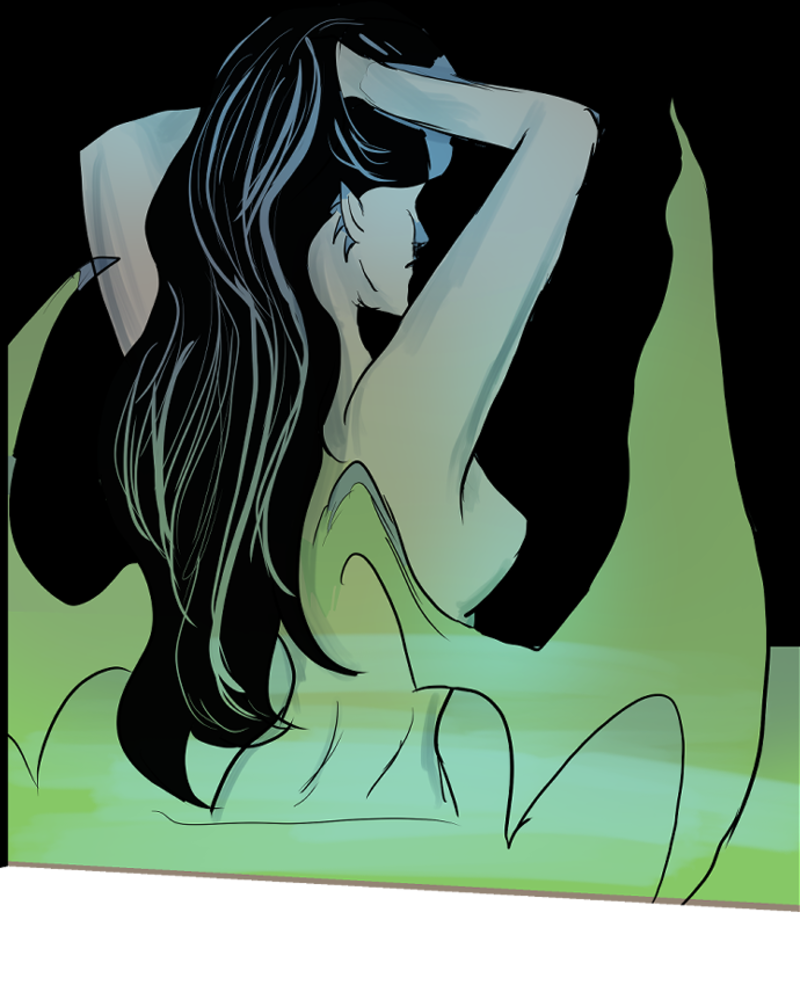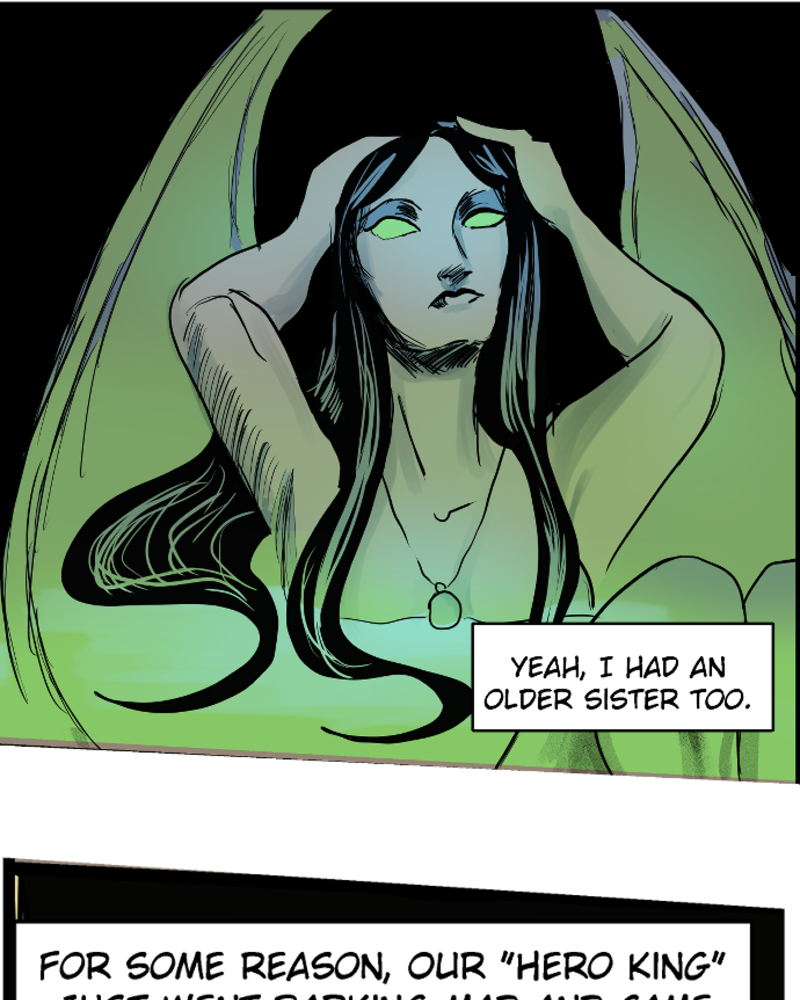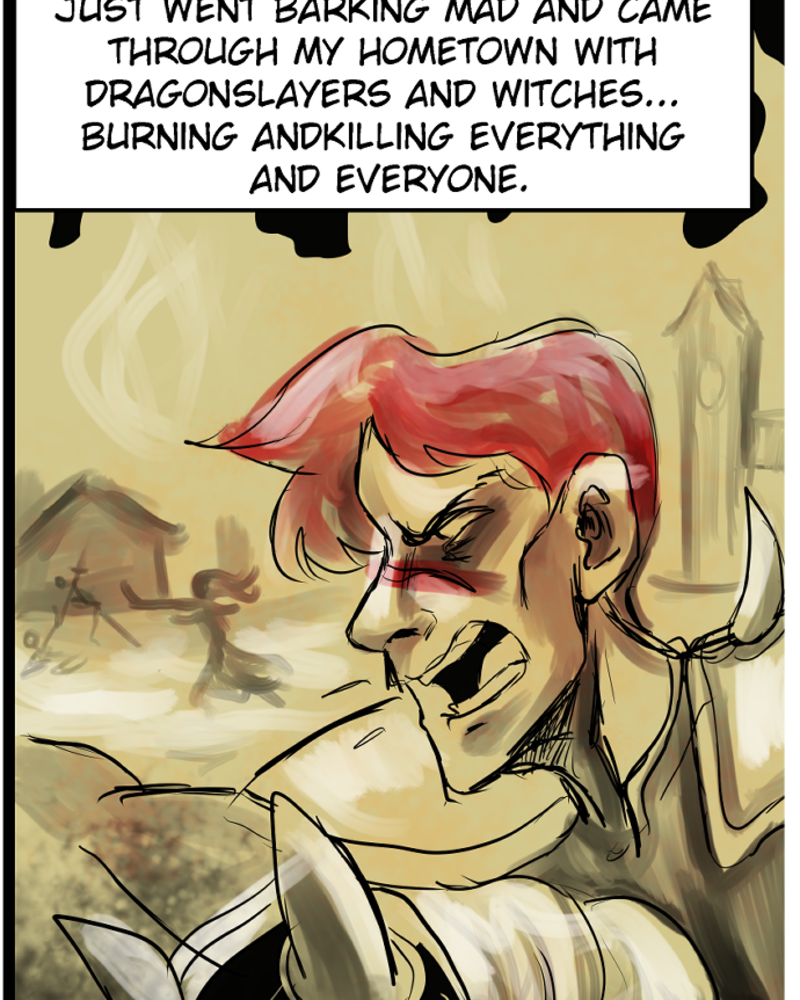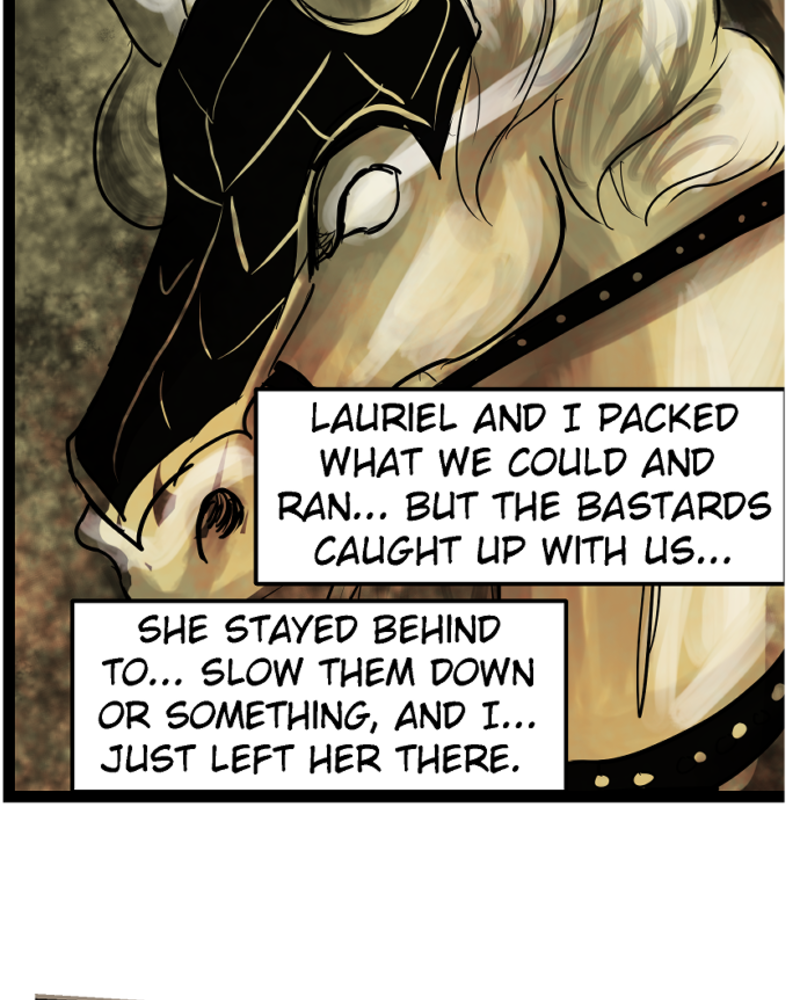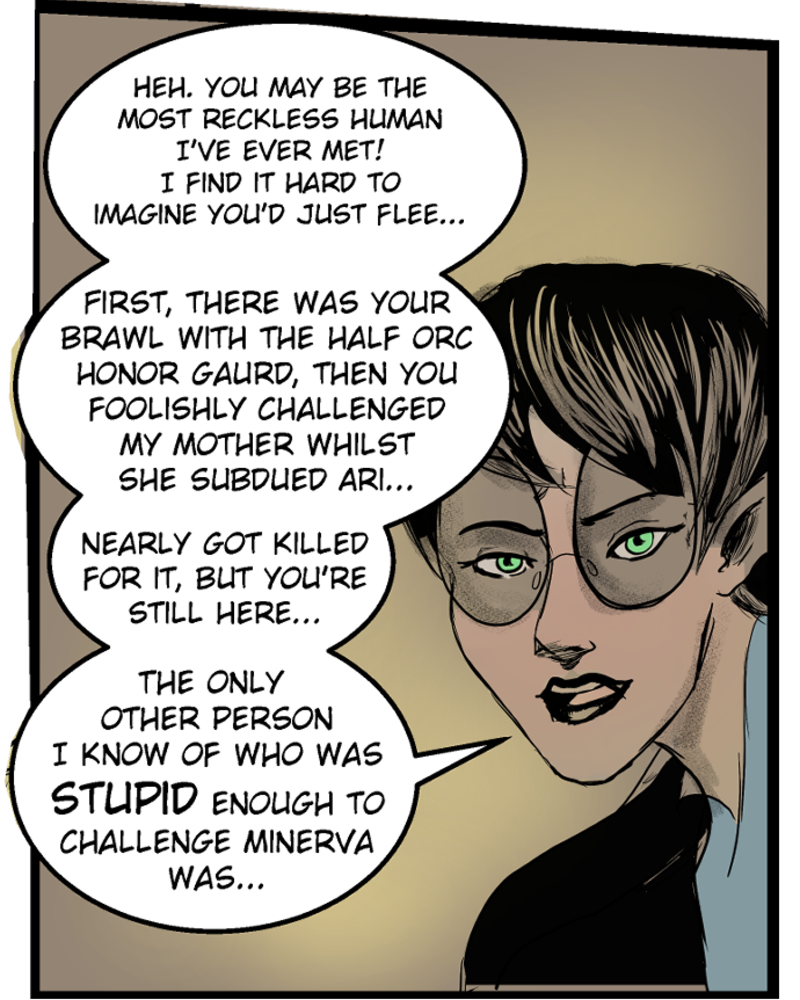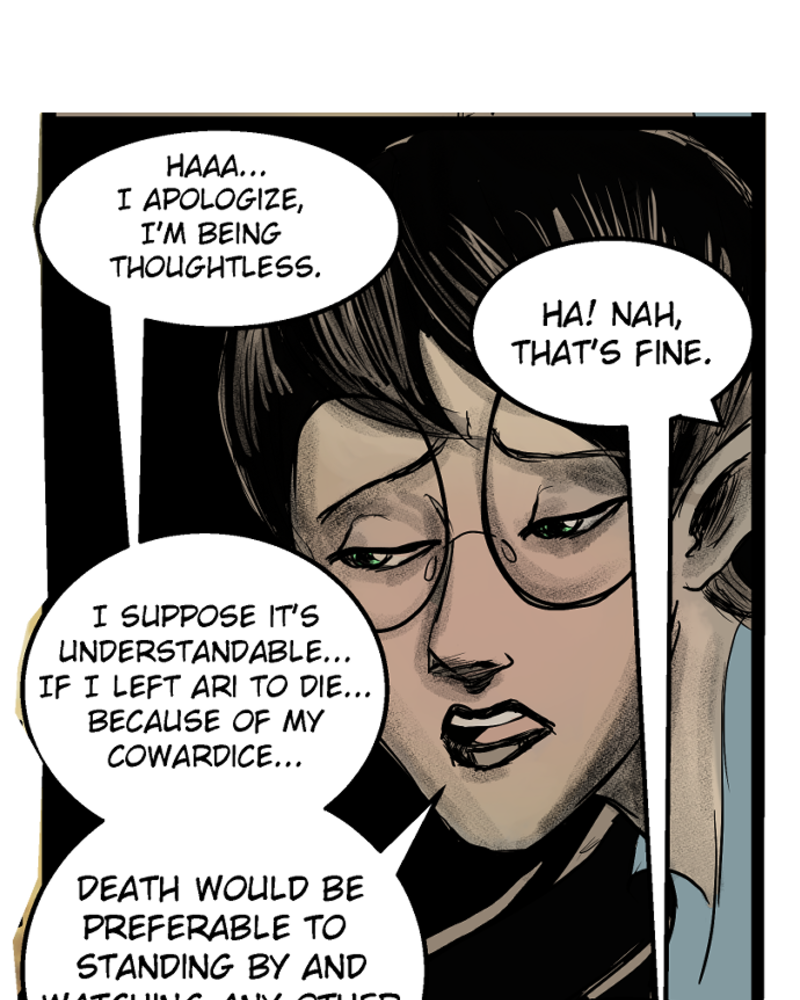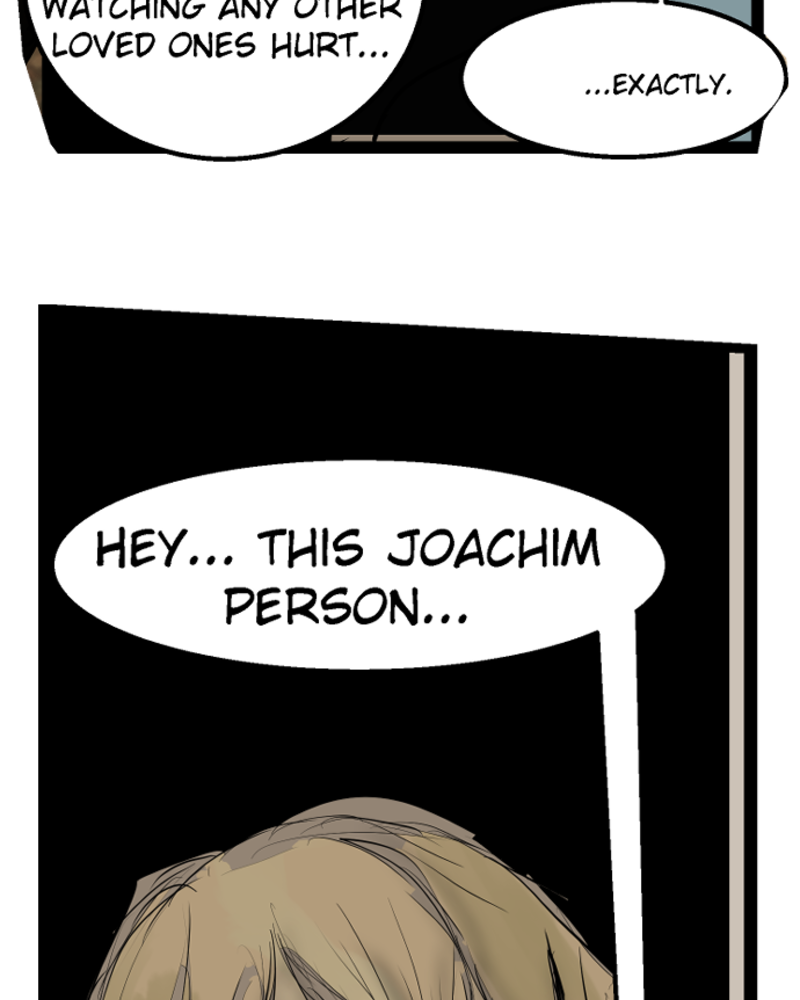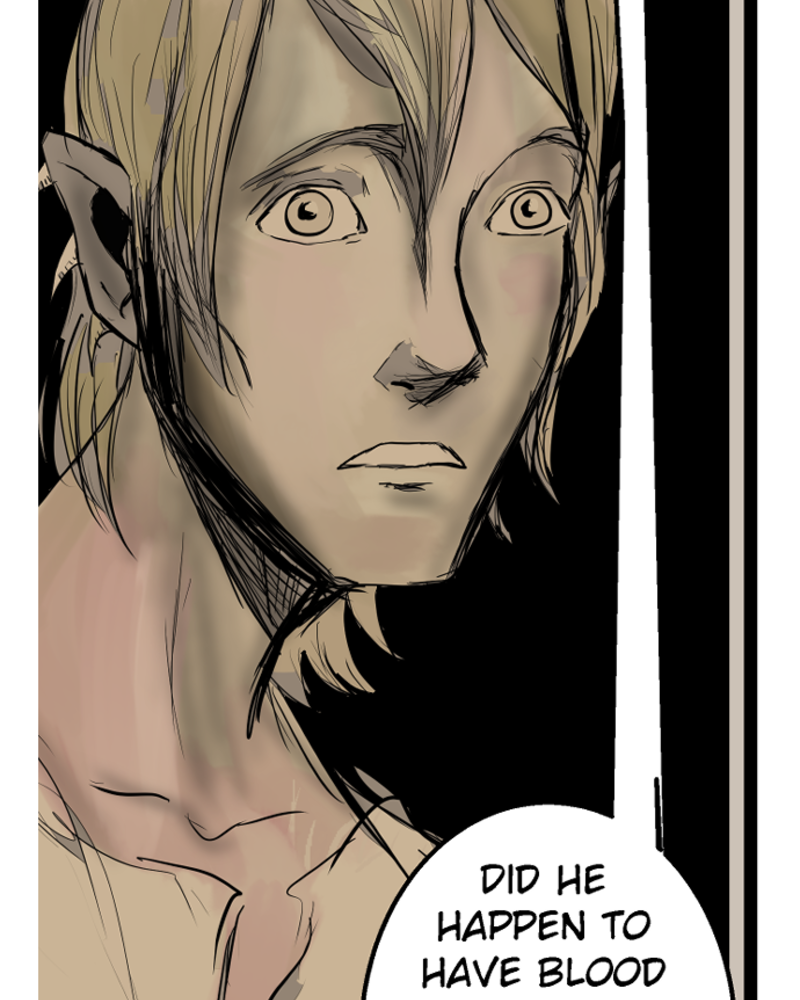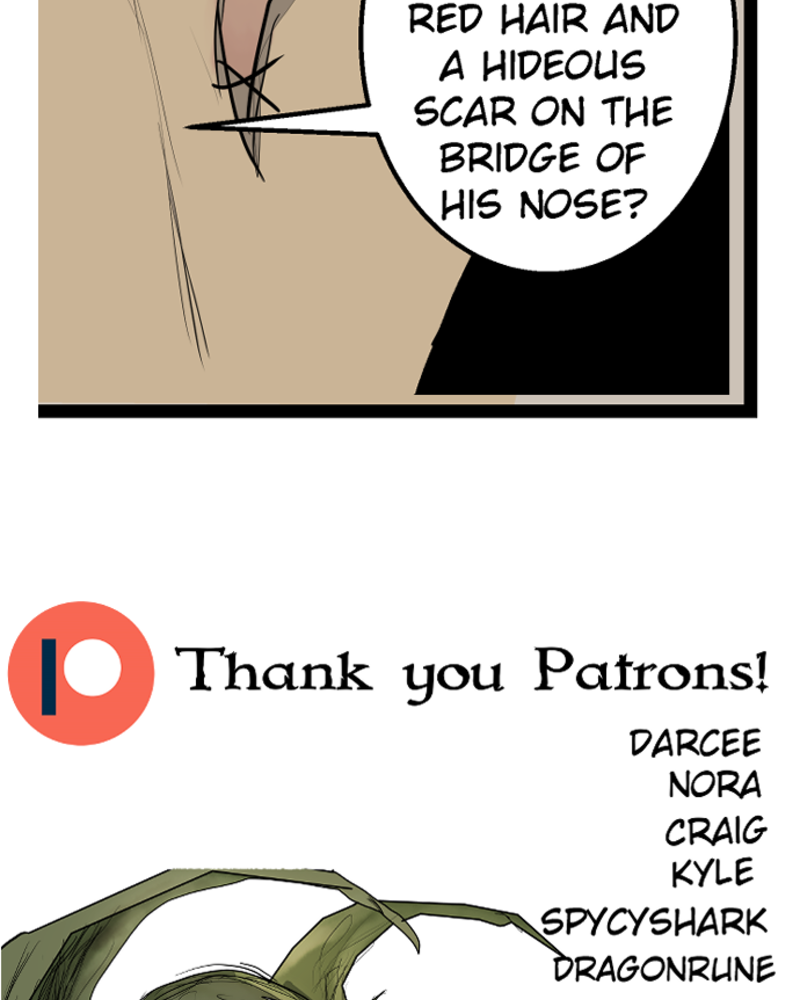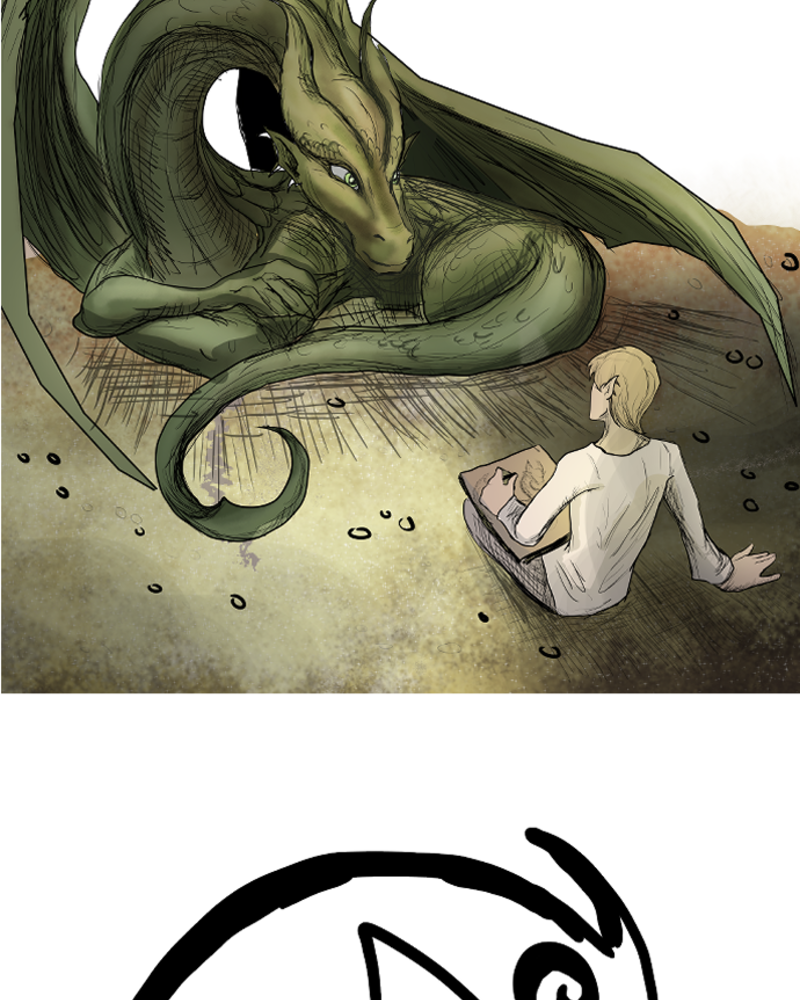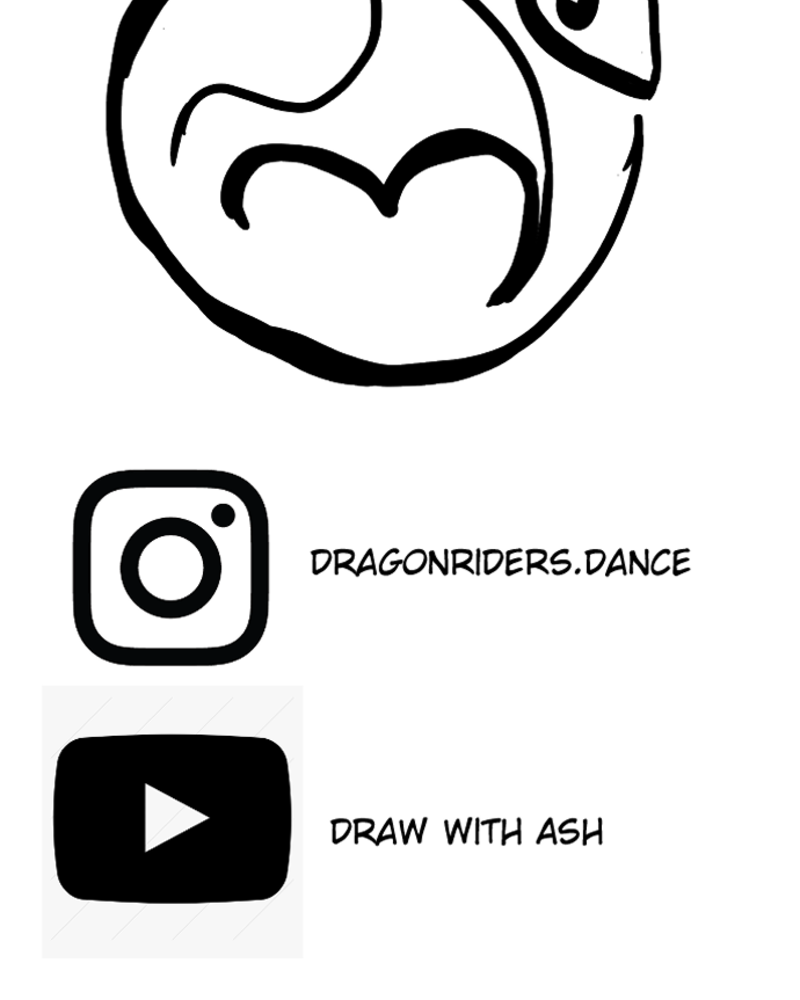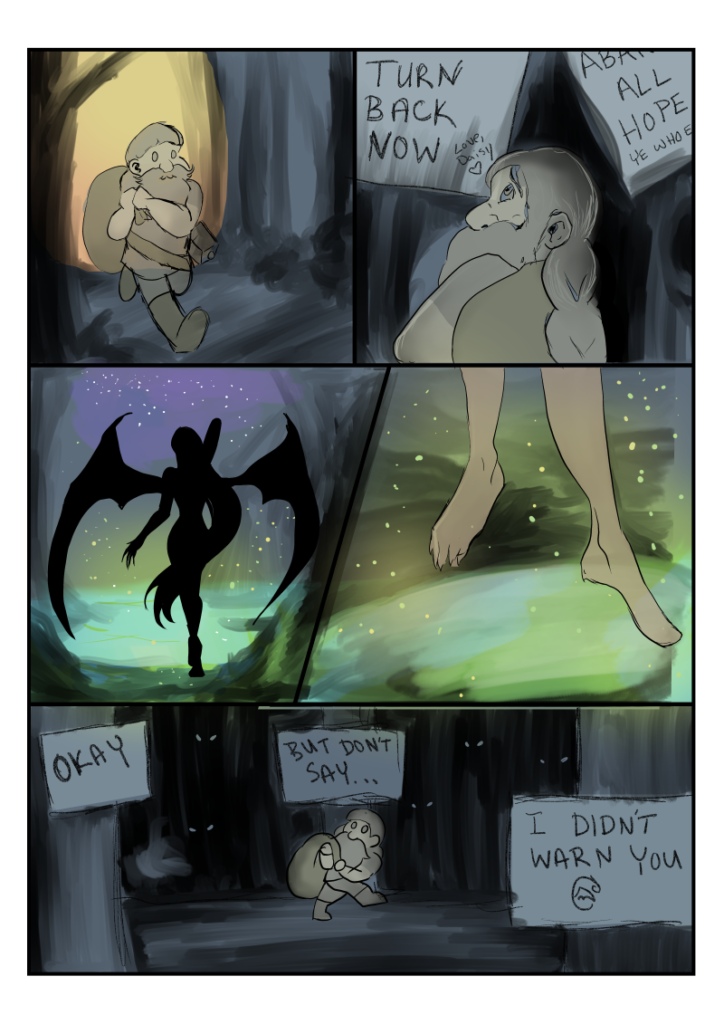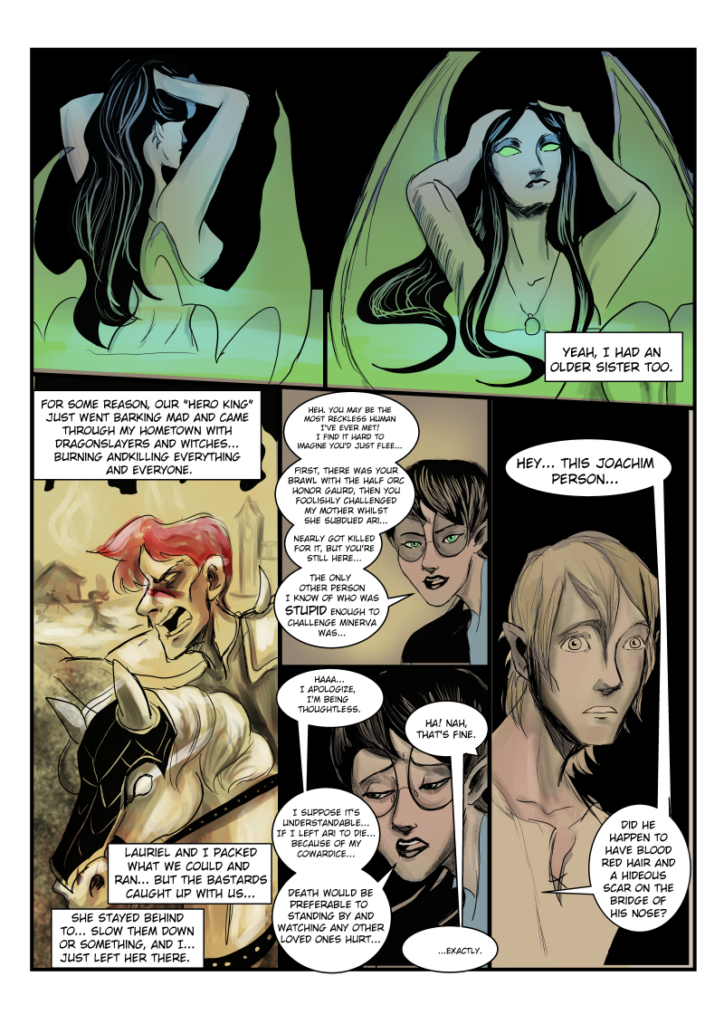What Makes a Good Villain?
Joachim probably was the character that really got me to kickstart Dragonrider's Dance in its current form. When you write a villain in your own fictional world, what purpose do they serve? Are they your personal punching bag? Your school bully? Teacher? Boss? That you're putting in a world that you can act out your power fantasies and is your creative work a therapy? Or are do they represent an idea or theme of "evil" or "obstacle" to overcome?
Joachim started out somewhat as the former, if I'm being perfectly honest, but as he's been simmering in the back of my head, and I've already been gone from the environment that created him for a long time, he became something entirely different.
He was birthed from this question that sprouted in my head, "What happens when the Chosen One when he's no longer young?" What happens when this hero isn't satisfied with becoming a "mentor" (like Gandalf, Dumbledore, or Obi-Wan), but instead, will do anything to keep himself the hero?
On my walk today, I fleshed out Joachim a little more. He was The Chosen One destined to eradicate Evil, destroy the Dark Lord, whatever, and was trained his whole to do so. He became a prominent dragonslayer with the power of fate and prophecy adding to his specialness. He slayed an evil dragon and rescued the princess she was holding captive (and yes, in this case, it WAS a jealous evil dragon)- which he then married. Of course, the power got to him. He grew narcissistic, entitled, and enjoyed the privileges of being the Chosen One.
I thought of this somewhat somber scene between him and Matthias later on. Matthias is taken as a prisoner, and he finally confronts Joachim for what he did to his family- to which Joachim points out Matthias' alliance with Patricius- and the dark deeds he committed.
Of course, in Patricius' case, everything he did was to protect his daughter- while everything Joachim did was to further his own ego and narcissism. Still though, the road to Hell. Good intentions. Yadyada.
Finally, they get to the root of it. Patricius offered something that benefited Matthias' life (his daughter), while everything Joachim did nearly destroyed him. There was no way Matthias would betray Patricius' interests to Joachim, even if he didn't agree with everything Patricius did.
Joachim then tells Matthias of his failed marriages- giving him the advice that women are not to be trusted- that marriage was discouraged in the empire for a reason, that it brings nothing but sorrow and pain- one of which is the reality that just because you're married, doesn't mean that love won't fade, and you won't stop being attracted to other women- and they're all very real things.
I was trying to think of justifications someone like Henry VIIIth might have for cheating on his wives, trying to understand how you can betray someone like that and still somehow think you're the good guy.
How Do make Your villain Believable Without Making Him TOO Sympathetic?
To me, I think the answer is either exploring the nature of Evil or exploring it through a lens of Narcissism- everything is about self-interest and you're unwilling or unable to look at things through another person's perspective or care for their wellbeing.
People like characters that relate to them in some way- and Narccisists make a point of not relating to anyone BUT themselves. A villain's actions may not make sense to you, but you can still believe they make sense to the villain.
Maybe not write a character who your audience can necessarily relate to or sympathize with- but maybe write a character that your audience might have known someone like that in real life who hurt them.

